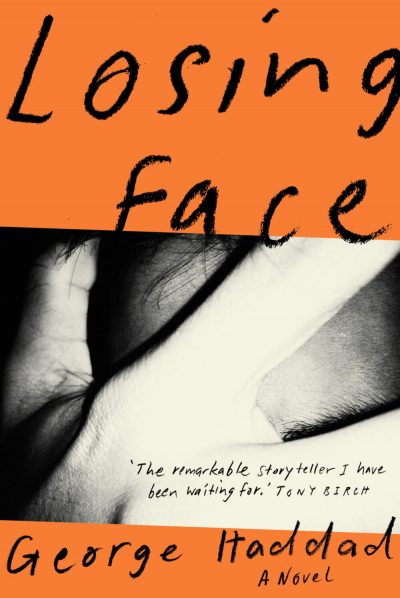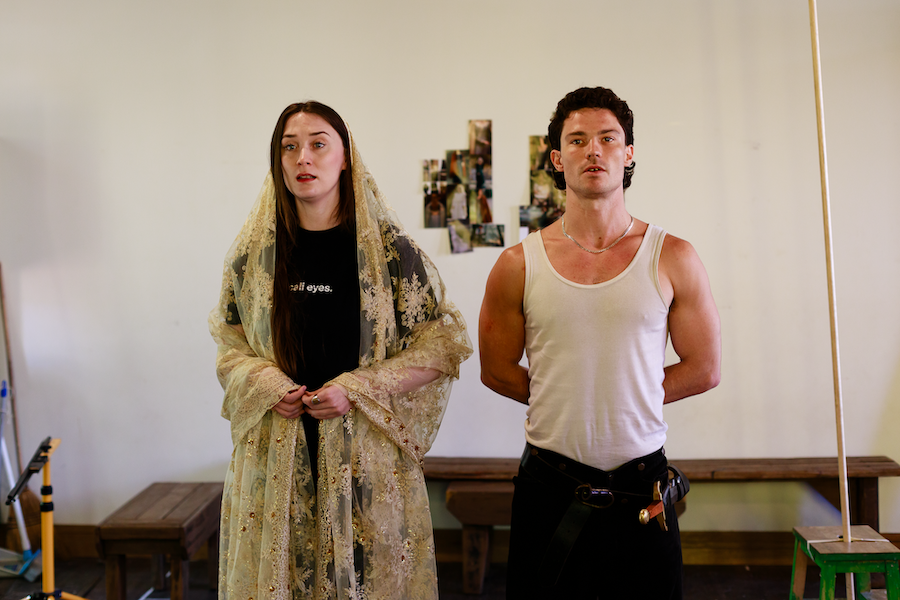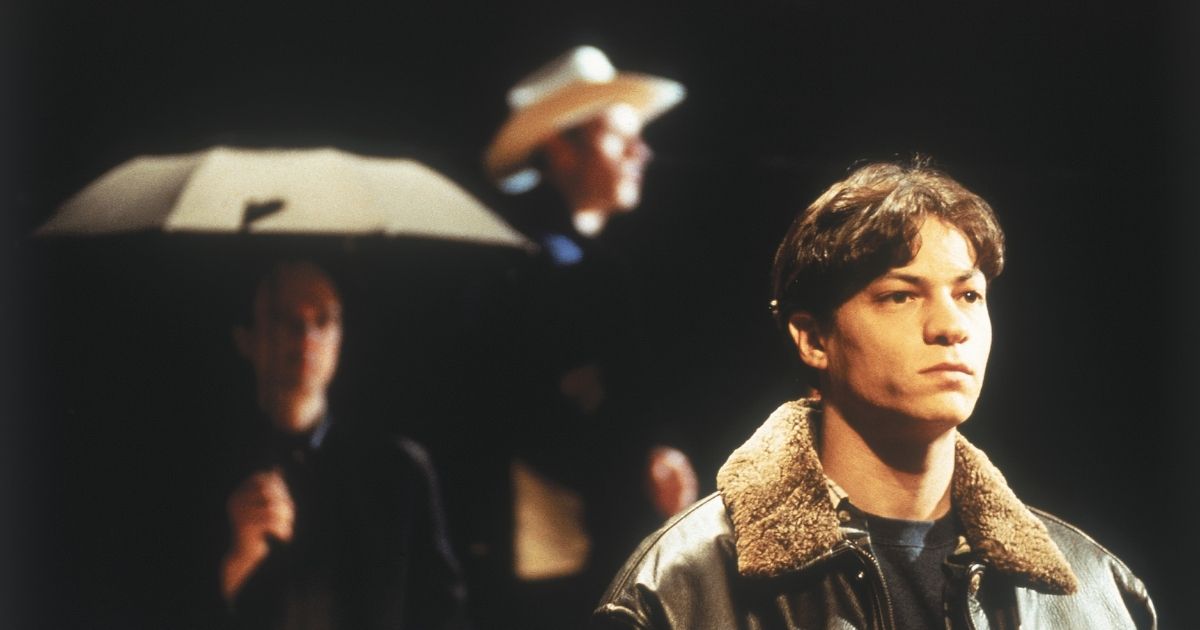
George Haddad: Losing Face
By Christine Lai
George Haddad is an Australian writer practising on Gadigal land whose work explores the limitations of language and masculinity. His latest novel, “Losing Face” is riddled with intergenerational tensions centred around a Lebanese-Australian family living in Western Sydney.
The novel came about from his doctoral studies at Western Sydney University where he was researching the representation of masculinity in contemporary Australian literature, looking to authors like Christos Tsiolkas and Peter Polites for inspiration.

‘Losing Face’ was a project 3.5 years in the making and follows his desire to write about diverse backgrounds, migrant cultures and sexuality. The narration of the story follows a perpetrator of sexual assault where the authorial choice came from a want to shed light on those who perpetrate violent atrocities as a means of trying to understand them. He also adds he was not in the position of writing from the victim’s perspective as it was not something he had experienced as a cis male.
The novel comes to grips with rape culture and the moral ambiguity regarding consent that can arise in instances where not saying ‘no’ doesn’t explicitly mean ‘yes’.
He suggests that navigating conversations about sex and consent is vital in ensuring there are safe spaces, stating that “there should be an enthusiastic commitment by both people, or however many people involved” while engaging in sexual acts.
When writing his main character, Joey, Haddad affirms that he didn’t want to fall into the stereotypical trauma porn pathway when it came to the protagonist’s coming out experience. ‘Losing Face’ is a novel written “to hope”, with Haddad urging the reader to feel that there is a “way out for these characters”.
The complexities around masculinity interwoven with his Arab-Australian experience involve a ‘binarised’ identity of gender. “You’re a man or you’re a woman, and you have to stick to these gender roles. It’s not enough to prescribe to these roles, you actually have to show that you are a man”, he states.
Haddad speaks on the performative nature of being entrenched with hyper fixation on masculinity and that the novel hopes to curate a space that shows there’s a way out of those strict binary conventions.









